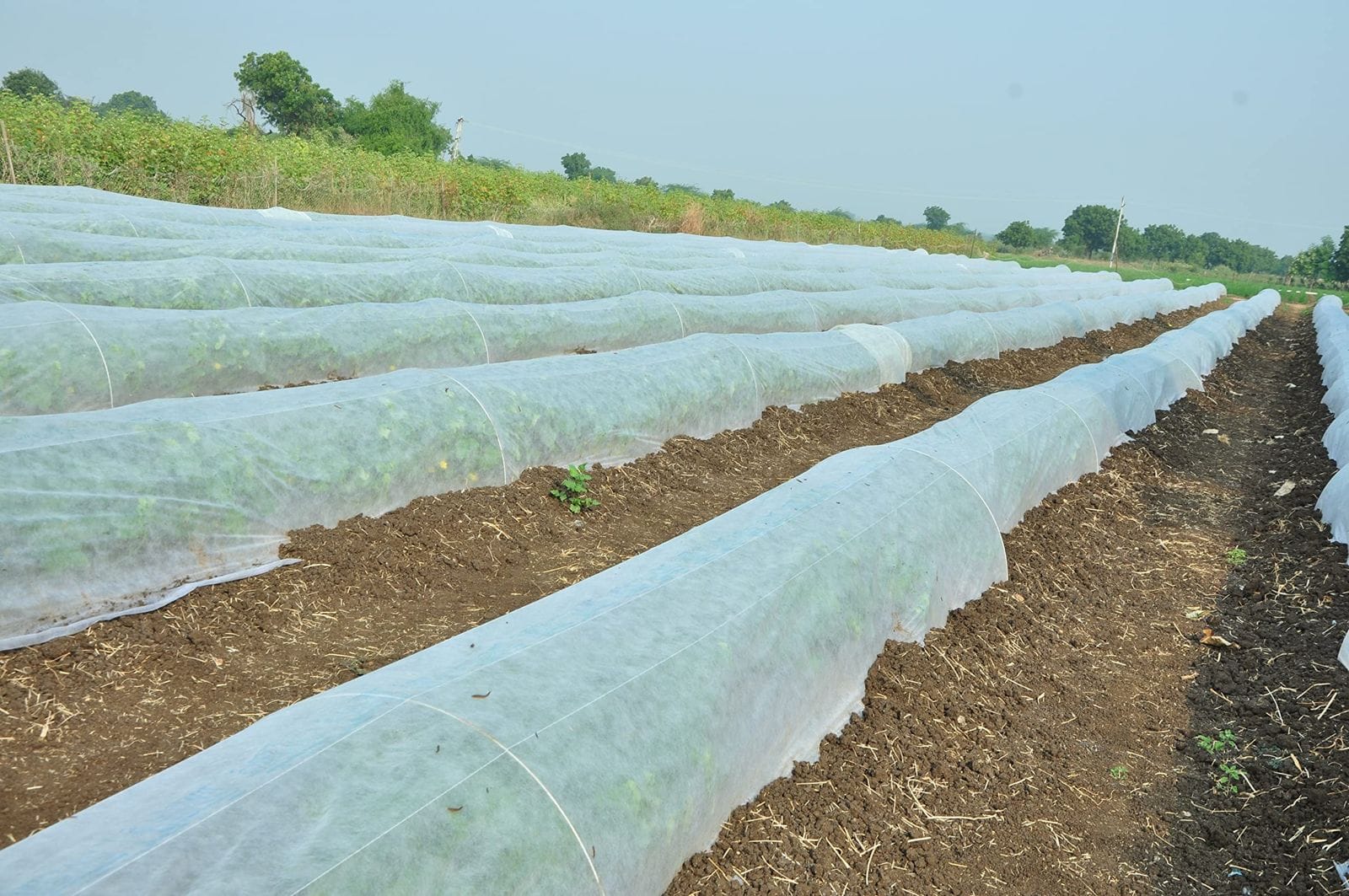Introduction
Organic farming is gaining popularity in India due to increasing consumer awareness about health and sustainability. With growing demand for organic produce, small-scale organic farming offers a profitable business opportunity for aspiring farmers. This guide will walk you through the essential steps to start your own organic farm in India.
1. Choose the Right Location
Selecting a suitable location is crucial for organic farming. Consider the following:
- Soil Quality: Conduct a soil test to check fertility and pH balance.
- Water Availability: Ensure a reliable source of clean water for irrigation.
- Climate Conditions: Choose crops that thrive in your region’s climate.
2. Select the Best Organic Crops
The choice of crops depends on market demand, climate, and soil type. Some profitable organic crops in India include:
- Vegetables: Tomatoes, carrots, spinach, brinjal
- Fruits: Papaya, mango, guava, banana
- Herbs & Medicinal Plants: Tulsi, aloe vera, ashwagandha
- Grains & Pulses: Organic wheat, rice, moong dal
3. Get Organic Certification
To sell organic produce legally, obtain certification from authorized agencies like:
- National Programme for Organic Production (NPOP)
- Participatory Guarantee System (PGS-India)
- Jaivik Bharat (FSSAI-certified organic label)
Certification ensures your farm meets organic farming standards and boosts consumer trust.
4. Prepare the Land Organically
Avoid chemical fertilizers and pesticides. Instead, use:
- Natural Fertilizers: Compost, manure, green manure, vermicompost
- Crop Rotation & Companion Planting: Improve soil fertility and pest control
- Mulching: Retains soil moisture and reduces weed growth
5. Set Up an Efficient Irrigation System
Opt for eco-friendly irrigation methods such as:
- Drip Irrigation: Saves water and ensures efficient nutrient delivery
- Rainwater Harvesting: Reduces dependency on groundwater
- Mulching & Organic Matter: Helps in moisture retention
6. Pest and Disease Management
Use natural techniques to keep pests and diseases under control:
- Neem Oil & Bio-Pesticides: Prevents insect attacks
- Companion Planting: Plants like marigold repel pests
- Beneficial Insects: Ladybugs and earthworms improve soil health
7. Marketing & Selling Your Organic Produce
- Local Farmers’ Markets: Sell directly to customers for better profits
- Online Platforms: Register on organic food delivery apps and websites
- Retail Partnerships: Supply organic stores, restaurants, and supermarkets
- Agri-Tourism & Farm Visits: Generate additional income through educational tours
8. Financial Assistance & Government Schemes
The Indian government supports organic farming through schemes like:
- Paramparagat Krishi Vikas Yojana (PKVY) – Provides financial aid for organic farming
- NABARD Organic Farming Subsidies – Offers loans and grants
- Mission Organic Value Chain Development (MOVCDNER) – Focuses on organic farming in the Northeast
Conclusion
Starting a small-scale organic farm in India is a rewarding venture that promotes health, sustainability, and profitability. With the right planning, certification, and marketing strategies, you can build a successful organic farming business.
📞 Contact Us for Expert Guidance
📧 ratanmetalsjaipur@gmail.com
📞 +91 7014180458
Let’s cultivate a greener future together! 🌱🚜




